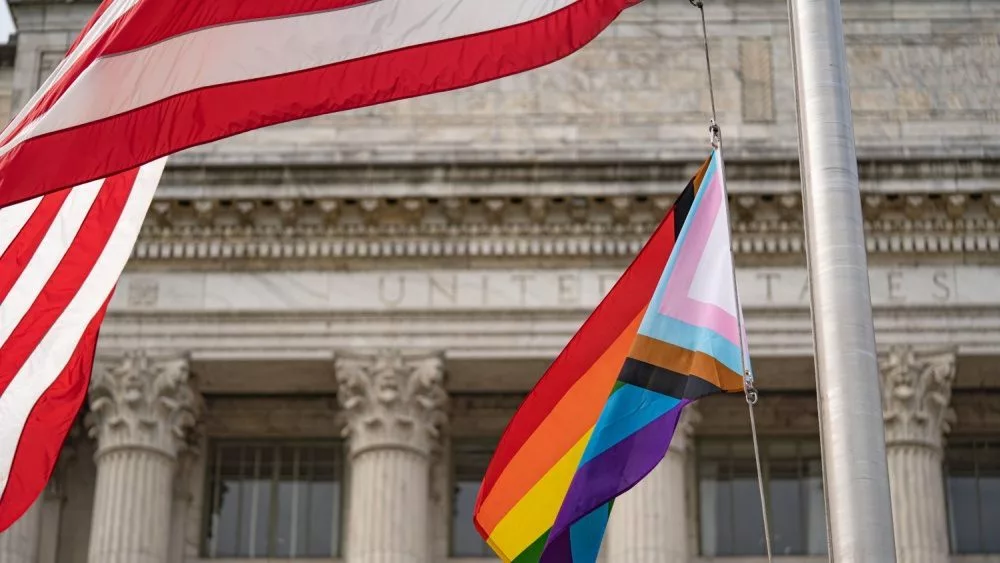
On Tuesday, the U.S. Supreme Court allowed the Trump administration to move forward with its policy restricting transgender individuals from serving in the military. The decision lifts a lower court’s injunction that had blocked the policy from taking effect, following a ruling that had described it as an unjustified and overtly discriminatory measure.
A federal judge in Washington state had previously blocked the policy in a March 27 ruling, calling the issue “not an especially close question.” When the 9th U.S. Circuit Court of Appeals declined to pause that decision, the Trump administration escalated the matter to the Supreme Court.
In a brief order, the justices approved the administration’s emergency request to end the injunction while legal challenges to the policy continue in lower courts. Justices Sonia Sotomayor, Elena Kagan, and Ketanji Brown Jackson dissented, signaling they would have rejected the request to implement the policy while the appeal plays out. The high court offered no detailed explanation for its order but clarified that the stay could be lifted if it eventually hears the case and rules against the policy. Meanwhile, the legal battle continues in the Ninth Circuit Court of Appeals.
The ruling marks a setback for a group of seven transgender service members, including lead plaintiff Navy Commander Emily Shilling, who had filed a lawsuit seeking to prevent the ban from taking effect. Lambda Legal and the Human Rights Campaign Foundation in a joint statement: “This decision is a devastating setback for the brave transgender Americans who have served our country honorably. The organizations, which are representing the plaintiffs, added that the policy “is rooted in bias, not in legitimate military concerns.”
In a separate but related case, a federal judge in Washington, D.C., had also issued an order stopping the policy from being enforced nationwide. However, the D.C. Circuit Court of Appeals temporarily paused that ruling while it considers whether to uphold it. A final decision from that court is still pending.
The policy in question was introduced in February and represents a more sweeping restriction than a similar measure proposed earlier in Trump’s presidency. According to Solicitor General D. John Sauer, the regulation bars most individuals diagnosed with gender dysphoria or those who have undergone treatment related to the condition from joining the armed forces. Sauer emphasized in his argument to the Supreme Court that courts traditionally defer significantly to military leadership on national defense matters. The administration has defended the policy by referencing a Pentagon study conducted during Trump’s first term, which claimed that allowing individuals with gender dysphoria to serve could compromise “military effectiveness and lethality.”
Editorial credit: Evgenia Parajanian / Shutterstock.com

